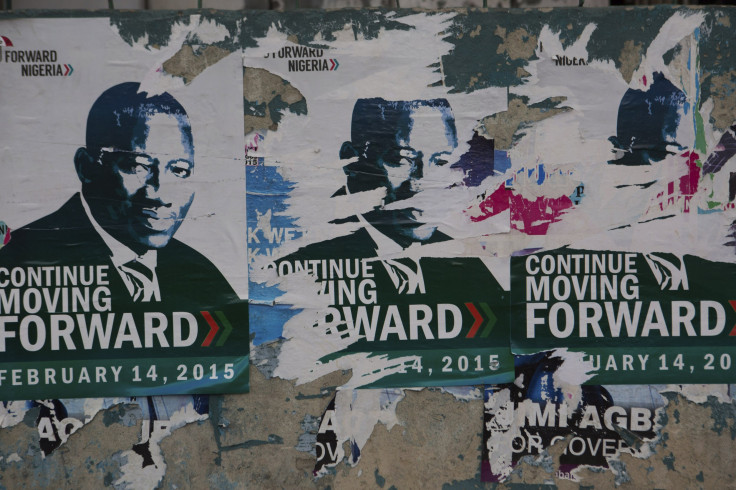After Nigerian Elections 2015, Peoples Democratic Party National Chairman Adamu Mu'azu Resigns

Adamu Mu’azu, the national chairman of Nigeria’s once-ruling Peoples Democratic Party (PDP), resigned Wednesday, a Nigerian newspaper reported. Bitter party members had asked Mu’azu and others to resign after the PDP was unseated in the general elections following 16 years of majority rule.
Nigeria’s outgoing President Goodluck Jonathan has also asked the chairman of the PDP Board of Trustees, Anthony Anenih, to step down from that position, THISDAY newspaper in Lagos reported. Jonathan lost re-election to opposition candidate Muhammadu Buhari of the All Progressives Congress (APC) in March. It was the first time an incumbent lost the presidential poll in Nigeria, Africa’s richest and most populous nation.
Jonathan’s party also lost control of Nigeria’s senate to the APC, marking the first time the PDP didn’t hold federal legislative leadership in Nigeria since it became the majority ruling party at the end of military rule in 1999. The outgoing president and the PDP have lost popularity in recent years largely because of the Boko Haram insurgency and allegations of corruption.
Last month Mu’azu said his party had a redefining moment after suffering defeat at the polls. “Nigeria is bigger than any political party, individual or group, and her overall interest must be our priority at all times,” Mu’azu told Nigerian newspaper the Daily Post. “Rather than demoralize us, this election has afforded us great lessons and we are now more than ever before reinvigorated for the race ahead.”
The APC was formed in 2013 by four opposition parties that merged to knock the PDP from its rule. Several high-ranking PDP members ditched the party to join the APC following the party's defeat at the polls. The widespread defections have raised concerns the PDP will collapse and Nigeria will become essentially a one-party state after years of lacking viable opposition in the political landscape that was controlled by the PDP.
“If Nigeria were to completely lose the PDP, I think that would be a real problem,” Darren Kew, an associate professor of conflict resolution at the University of Massachusetts in Boston, said last month. “The APC is made up of elements of the old PDP. The old patterns would reassert themselves in many different ways.”
© Copyright IBTimes 2025. All rights reserved.




















